How Do Marine Mammals Avoid the Bends?
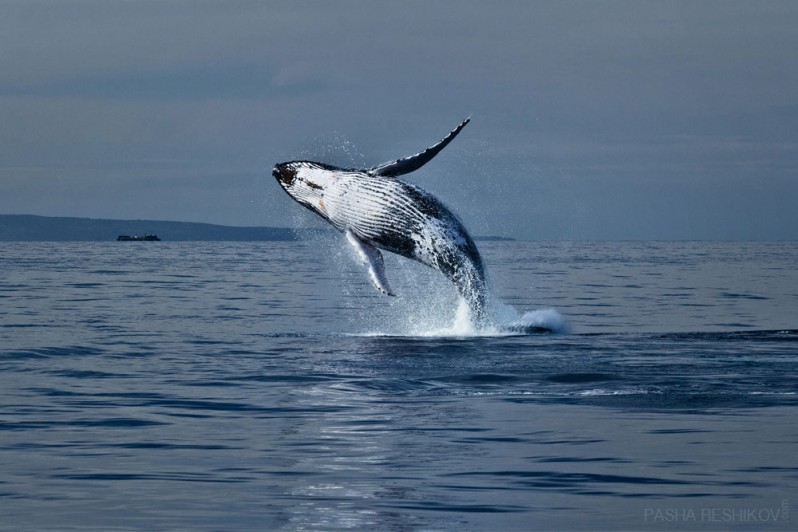
Unlike previously thought, deep-diving whales and other marine mammals can get the bends—the same painful and potentially life-threatening decompression sickness that strikes scuba divers who surface too quickly. A new study offers a hypothesis of how marine mammals generally avoid getting the bends and how they can succumb under stressful conditions.
What is a red tide?

Harmful algal blooms pop up nearly every summer, turning coastal waters red and creating problems for marine life and humans.
Earth Overshoot Day: August 1st, 2018

Earth Overshoot Day is not a day to be celebrated, but it is a day that deserves to be noticed and acted upon. It’s the day we go into ‘nature debt,’ utilizing more than the year’s supply of water, forest and agricultural resources
Sea mammal on brink of extinction targeted by “mafias” in Baja, Mexico
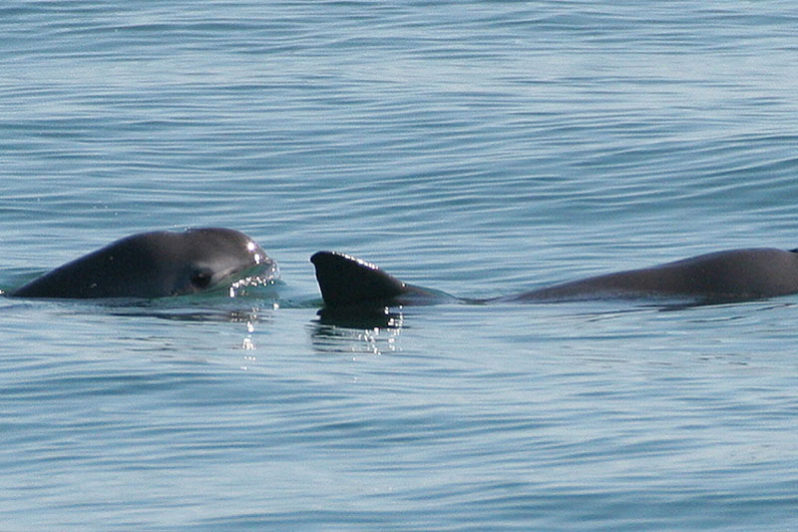
There’s a crisis going on in the Pacific Ocean as an innocent porpoise falls prey to money and greed. The Vaquita is only about 4 feet long, weighs less than 100 lbs and calls the waters off the coast of Baja, Mexico home. With fewer than 30 left, it’s the most endangered marine mammal in the world.
Cruise line faces backlash over shooting of polar bear
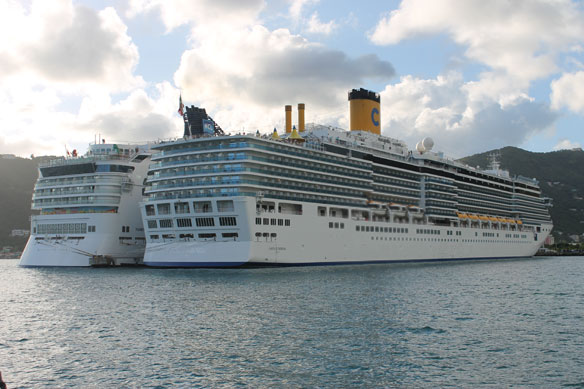
A German cruise line is facing outrage after one of its employees shot and killed a wild polar bear in Norway after the animal attacked another of its employees.
Hong Kong land reclamation explained: the good, bad and ugly methods of pushing back the sea

About 6 per cent of city is reclaimed land, and while extending the shoreline of a land-starved society seems ever more attractive, critics say it would not solve housing issues. At the same time, conservation groups such as WWF and Greenpeace say reclamation is environmentally catastrophic.
A mourning orca mother carried her dead baby for days through the ocean
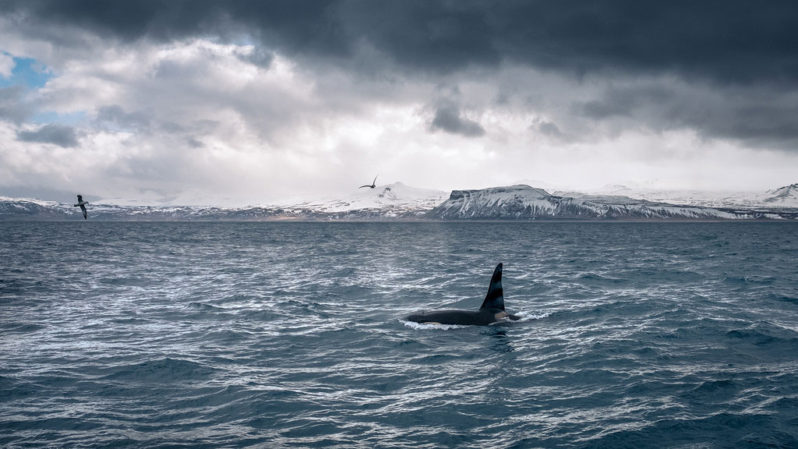
A grieving mother orca near Vancouver Island has been carrying her dead calf for four days, after refusing to leave her baby behind when the rest of her pod left. The sad display speaks to something deeper. Killer whales eat salmon, and a number of human practices, such as damming rivers, have taken a toll on native salmon populations.
First mapping of global marine wilderness shows just how little remains
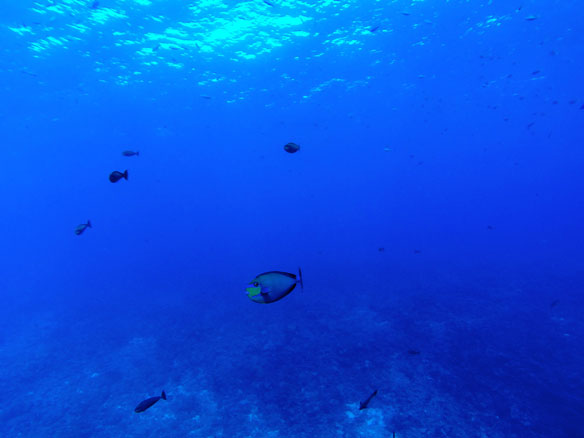
Researchers reporting in the journal Current Biology on July 26 have completed the first systematic analysis of marine wilderness around the world. And what they found is not encouraging; only a small fraction of the world’s ocean can still be classified as wilderness. In coastal regions, there is almost no marine wilderness left at all.
Earth’s resources consumed in ever greater destructive volumes

Humanity is devouring our planet’s resources in increasingly destructive volumes. As a result, the Earth Overshoot Day – which marks the point at which consumption exceeds the capacity of nature to regenerate – has moved forward two days to 1 August, the earliest date ever recorded.
